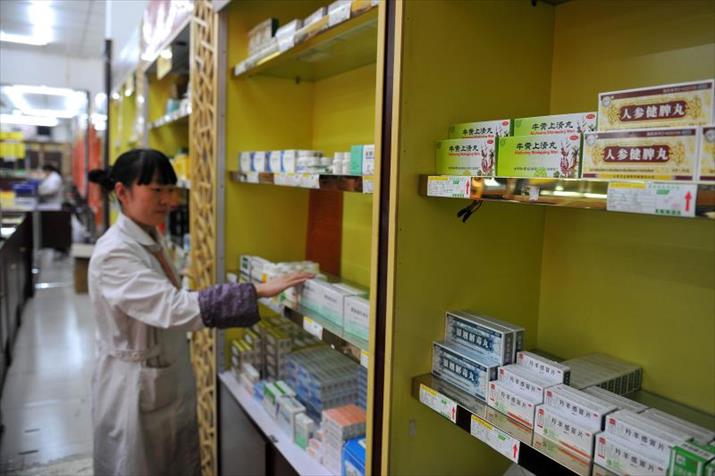|
||||||||||
| Home Nation World Business Opinion Lifestyle ChinAfrica Multimedia Columnists Documents Special Reports |
|
||||||||||
| Home Nation World Business Opinion Lifestyle ChinAfrica Multimedia Columnists Documents Special Reports |
| Africa |
| Meeting the Demand |
| Chinese pharmaceutical companies find their niche in Africa |
| By Cui Xiaoqin ·2017-03-09 |

"The establishment of this company in Africa marks an important milestone in introducing TCM into Africa. It's also one of the initiatives aimed at implementing the outcome of the Forum on China-Africa Cooperation (FOCAC) Johannesburg Summit held in December 2015," said Huang Wei, Science and Technology Counselor at the Chinese Embassy in South Africa.
The time-honored company said it plans to open five stores in three cities: Johannesburg, Pretoria and Durban, with the aim of introducing high-quality TCM products and services to local people.
With the rapid development of China-Africa cooperation in recent years, the bilateral trade in medicine has also been booming. Statistics show that China's export of pharmaceuticals to Africa in 2015 reached 2.32 billion yuan, a year-on-year increase of 2.59 percent.
Huge cooperation potential
Ethiopia's Oriental Industrial Park witnessed in October 2016 the establishment of Sansheng (Ethio) Pharmaceutical Plc. - a Chinese pharmaceutical company, which became the first pharmaceutical company to settle in the park.
According to statistics, some Sub-Saharan African countries do not have their own pharmaceutical manufacturing industry. Except from South Africa, some of these countries can only produce a small number of pharmaceutical products. Besides, local pharmaceutical products are limited only to basic drugs such as painkillers, antibiotics, anti-malaria drugs and vitamins, which can only meet 20 to 30 percent of the domestic demand.
Realizing the huge demand for medicine and the lack of self-supply capacity in the African market, many Chinese pharmaceutical companies have already invested and opened factories in Africa to localize their production. This trend is welcomed, said Ethiopian Industry Minister Mebrahtu Meles, as it will help strengthen the continent's pharmaceutical production capacity.
According to Diarra Boubacar, a Malian traditional medicine doctor, there is a huge demand for medicines in many African countries. The doctorate holder told ChinAfrica that Africa has a long history of traditional medicine, but it's still in the early stage of research and development. Boubacar suggested that Africa should learn from TCM. Africa also has rich herbal medicine resources, and China can import some unique African herbal medicine based on further studies, he added.
Like Ethiopia, many African countries are faced with the challenge of great demand for medicine but lack of production capacity. In Kenya, for example, Kenya Medical Supplies Authority has an annual budget of $300 million for public health, while the scale of the entire pharmaceutical market is $500 million. The country's local producers can only meet 30 percent of the market demand, while 70 percent of medicine still relies on import.
| 2Next |
| About Us | Contact Us | Advertise with Us | Subscribe |
| Copyright Beijing Review All rights reserved 京ICP备08005356号-5 京公网安备110102005860号 |